The CREATEd Fellowship was a year-long program, paid opportunity for knowledge brokers to come together to learn, share, and design, with a common goal to link research and practice in ways that advance educational equity.
In 2023 and 2024, through a rigorous selection process, we offered distinguished Knowledge Brokers from across the U.S. the opportunity to serve as program Fellows. These individuals participated in the program, as well as offered feedback that helped to shape the Foundations of Knowledge Brokering program into its current offering.
Fellowship Curriculum
The Fellowship curriculum is designed around 6 modules of study: Knowledge Brokering, Equity, Policy & Practice, Research Literacy, Design & Communications, and Facilitation Techniques.
Program modules and bi-monthly workshops offer learning activities designed to support Fellows’ development of program-designed Knowledge Broker Competencies.
Module 1: Knowledge Brokering
Fellows will explore the relationship between research, policy, and practice, and consider the relationship of knowledge brokering to these communities.
Module 2: Equity
Fellows will deepen their understanding of a broad range of issues related to equity and social justice, and prepare to be an advocate for work that advances educational equity.
Module 3: Policy and Practice
Fellows will gain a deeper understanding of the work of policymakers and/or practitioners. They will understand how school systems work, be able to identify pressing concerns, recognize opportunities and barriers related to implementation of new policies and practices, and be comfortable engaging practitioners/policymakers in dialogue around their work.
Module 4: Research Literacy
Fellows will deepen their knowledge of educational research theories, methods, and practices. They will be able to access, understand, and critically evaluate literature and feel comfortable engaging researchers in discussion of their work.
Module 5: Design and Communications
Fellows will understand the communication and design roles of knowledge brokers, employ equity-centered processes in the creation and distribution of communications, and apply knowledge of audience, message, products and channels for communication and design.
Module 6: Facilitation Techniques
Fellows will develop facilitation skills related to leading and evaluating teams and partnerships, as well as leading change processes.
Co-design is an innovative approach to creating more usable research products but also for democratizing research use through more equitable and inclusive processes. The CREATEd co-design process leverages the knowledge and experiences of researchers, educators, communication and design experts, and other stakeholders in envisioning and producing resources that both draw on high quality research and are useful and relevant for achieving greater equity in educational policy and practice.
In the second part of the program, Fellows have the opportunity to apply their learning by facilitating diverse teams in the creation of research-informed, equity-centered resources using CREATEd’s Co-Design Process.
Meet the Fellows
Our Fellows are practicing and aspiring knowledge brokers with diverse backgrounds who (1) demonstrate strong commitments to educational improvement and equity, (2) are committed to linking research and practice, and (3) have experience with education, research, and/or communications. Listed below are the 2023 and 2024 Fellows.
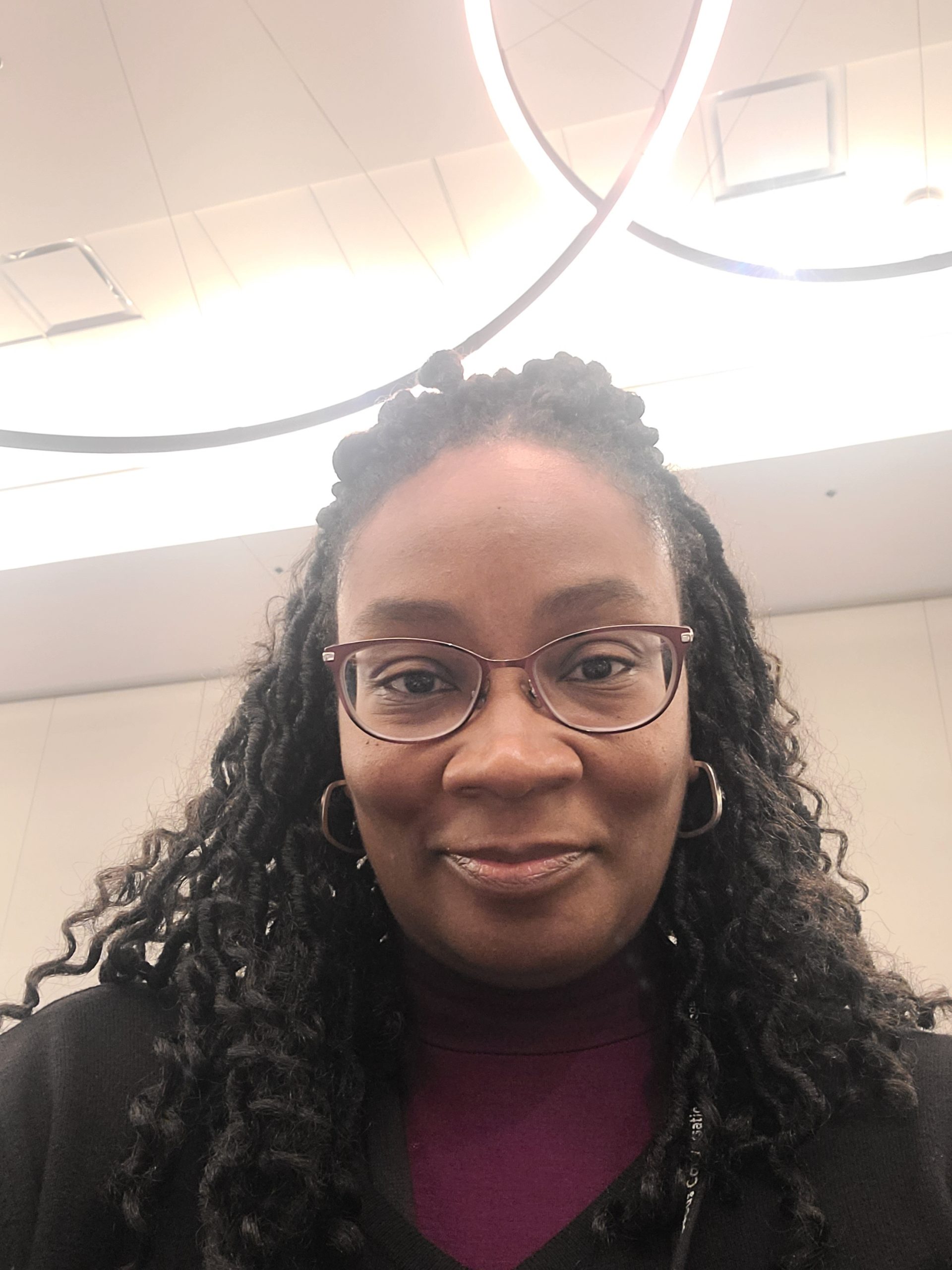
Tanisha Brandon-Felder
Tanisha Brandon-Felder is the director of PreK and Elementary Success in the Highline School District. Her work involves supporting and implementing all curriculum and instruction for Ready K and Kindergarten through Fifth Grade. She was the Director of Equitable Leadership, Pedagogy and Family Engagement in the Shoreline School District for 8 years as well as a classroom teacher in the Seattle Public Schools for 16 years in one of the most diverse neighborhoods in the country. Dr. Brandon-Felder specializes in race and equity, culturally responsive practices and, primarily the opportunity gap occurring with Black and Brown students.
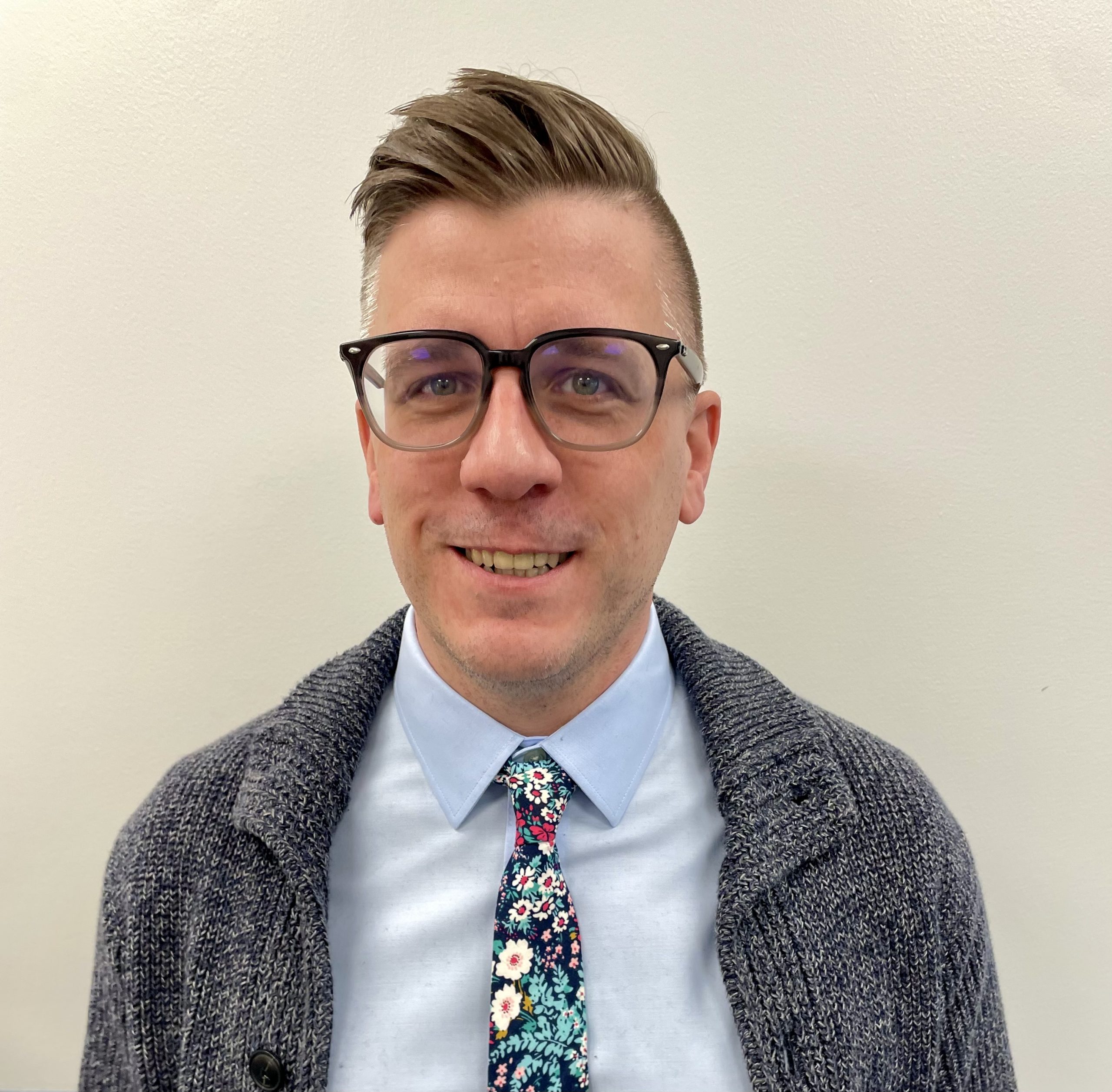
Justin Cerenzia
Justin Cerenzia is the inaugural Buckley Executive Director Chair for Teaching and Learning at The Episcopal Academy’s Center for Teaching and Learning. He leads the school’s strategic vision to enhance educational excellence by fostering innovation, supporting faculty development, and integrating pedagogical research into the learning environment. Previously he had held an array of teaching and academic leadership positions at The Hill School in Pottstown, PA and St. George’s School, in Middletown, RI.
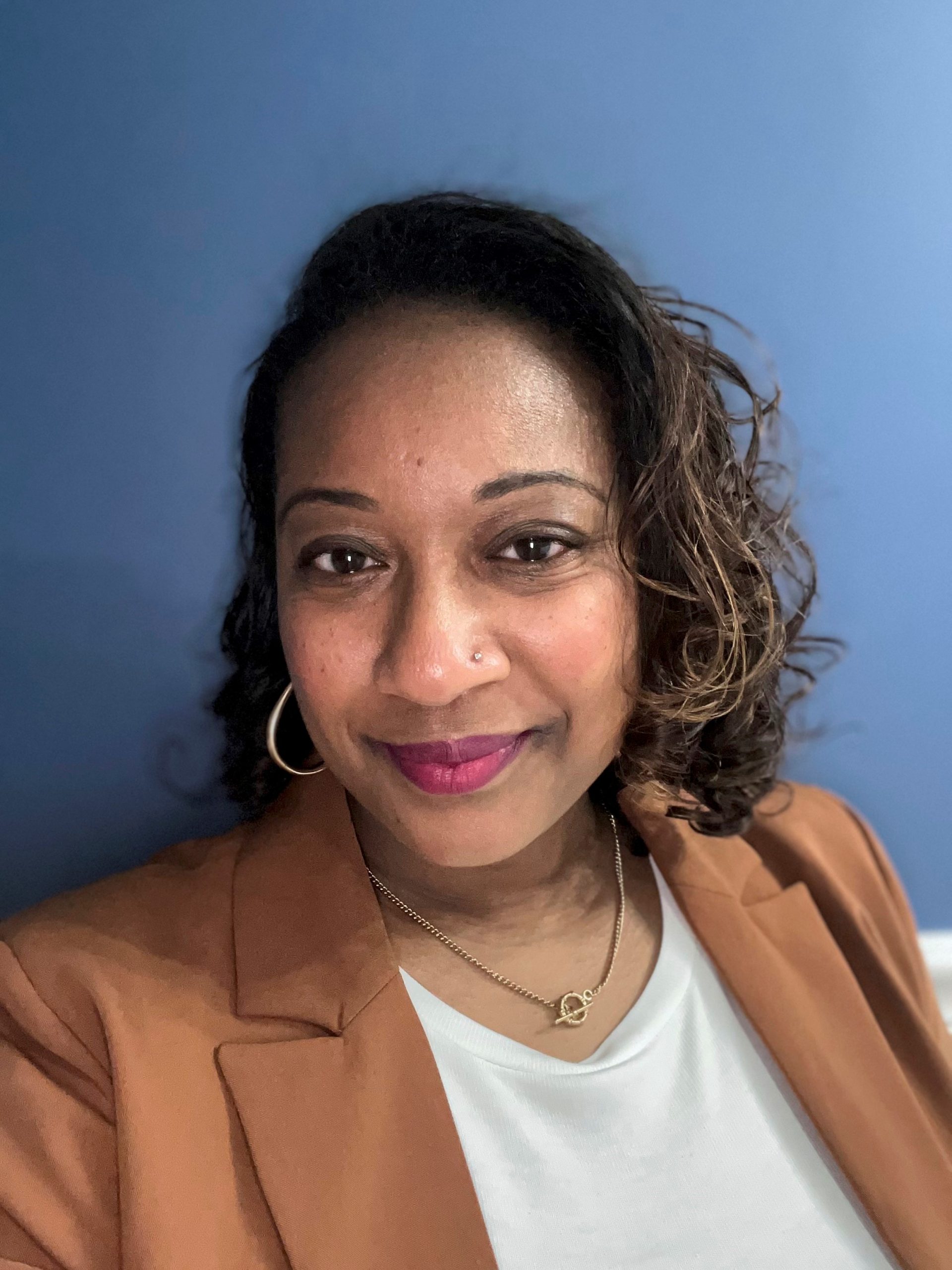
Christa Davis
Christa Davis is a Literacy Specialist and Equity Coordinator for the New Castle County Vo-Tech School District. Her work requires extensive research, personalization, and practical application. She focuses on building capacity to address students’ literacy needs and bridging the opportunity gap!
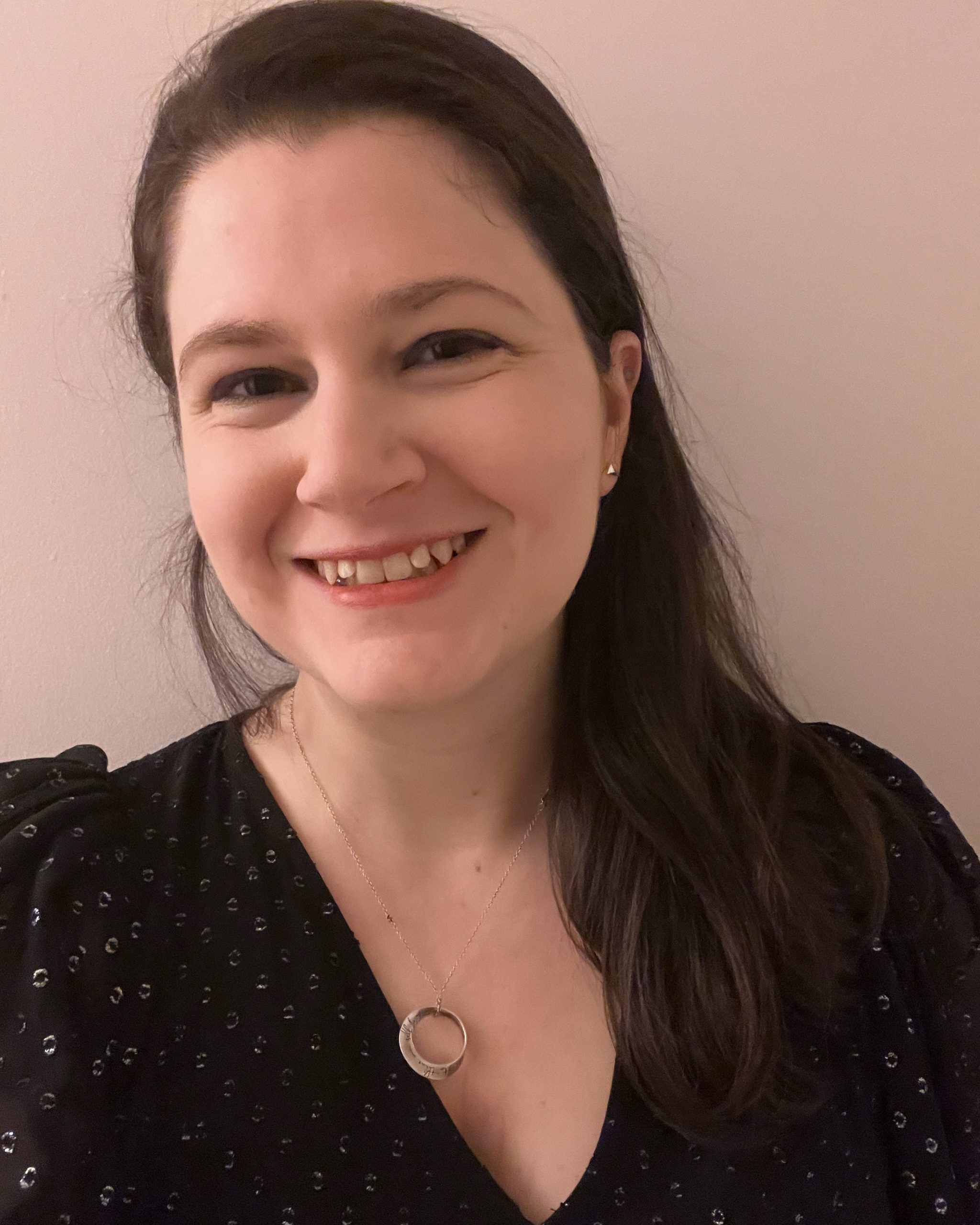
Gwen Fishel
Gwen Fishel is a Research and Evaluation Manager, New York City Public Schools. As a Research and Evaluation Manager, Gwen provides strategy and evaluation support to program teams and senior leaders across New York City Public Schools (NYCPS) as they design, implement, and assess programs and policies. She has worked in the Research and Policy Support Group at NYCPS for 7.5 years, previously serving as a Research and Evaluation Associate. Prior to working with NYCPS, she was a consultant at the Center for Public Research and Leadership (CPRL) at Columbia University and was a research assistant on a multi-year grant at Vanderbilt University to improve math instruction for at-risk fourth graders.
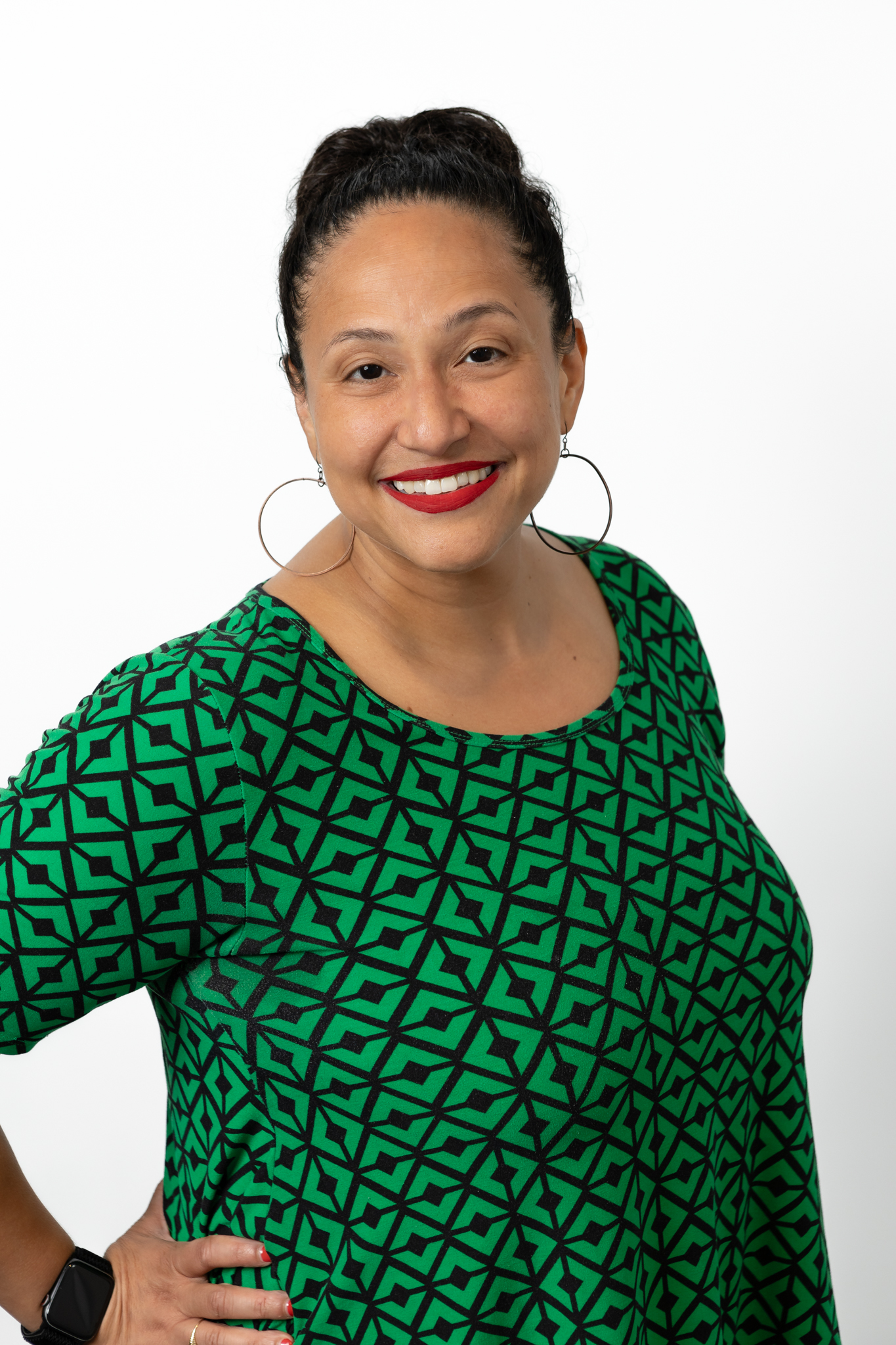
Sheila Howard
Sheila Howard, a Senior Training and TA Associate for Education Development Center (EDC), has over 15 years’ experience in providing coaching and technical support to educators in K-12 settings. She leads a partnership with the Puerto Rico Department of Education (PRDE) on engaging families in data use. She provides TA and training to state- and district-level education personnel and coaches K-12 educators in translating research in practical strategies they can utilize in their own work. Prior to EDC, she was a policy associate for the American Institutes for Research and worked with state-level education leaders in making evidence-based decisions at the policy level.
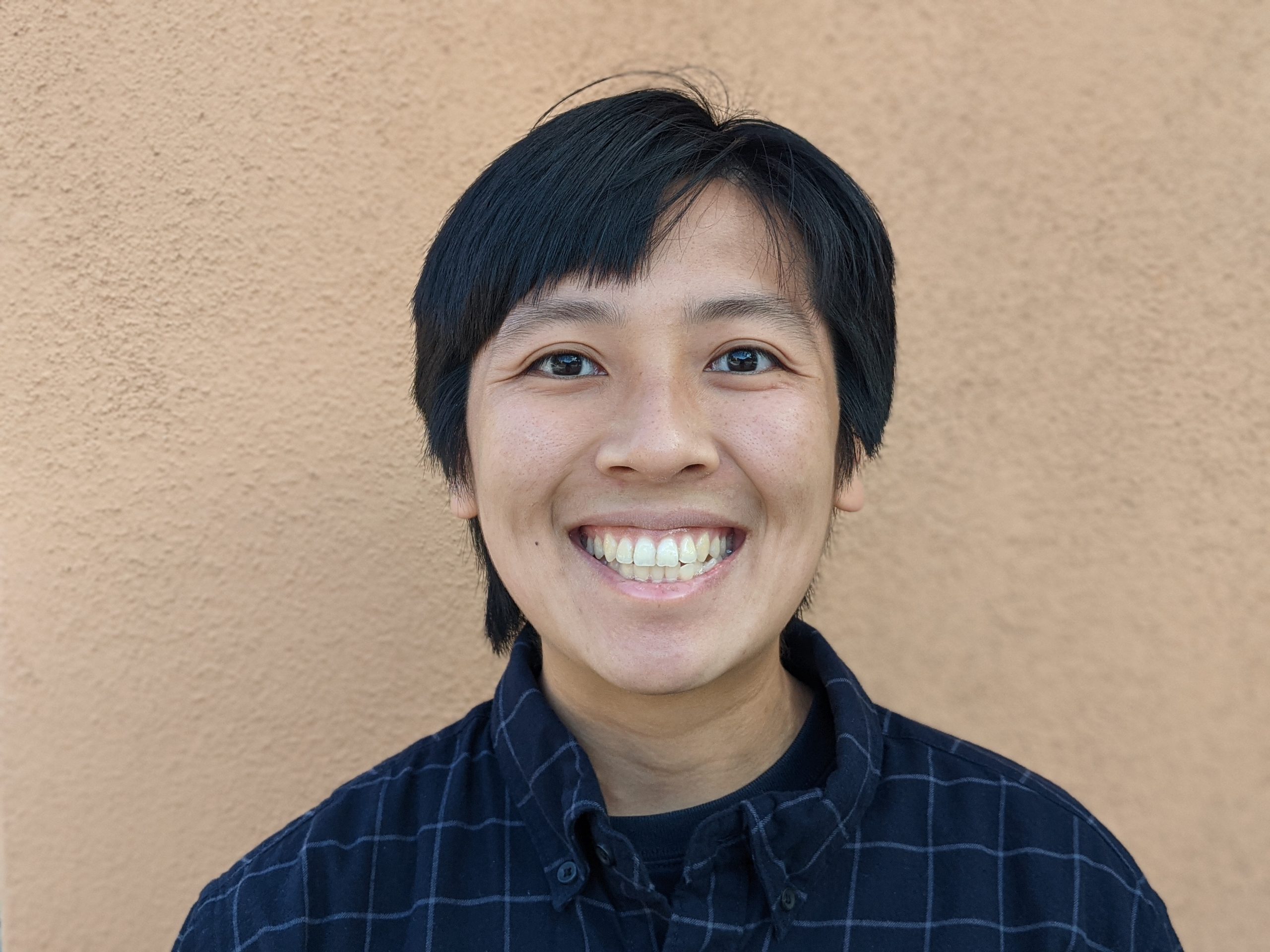
Diane Hsieh
Diane Hsieh is a Research Scientist at Search Institute. In her current position, Diane conducts applied research on positive youth development in schools and out-of-school time programs. Prior to Search Institute, Diane obtained her Ph.D. in Education from the University of California-Irvine studying adolescent STEM motivation.
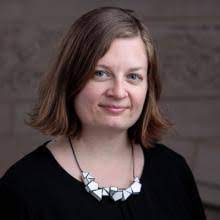
Kylie Klein
Kylie Klein is a Senior Researcher at the American Institutes for Research (AIR) where she develops and directs research studies and technical assistance projects on district improvement and use of research evidence. Her research interests include brokering and translation of research evidence for use by stakeholders and practitioners, research practice partnerships, improvement science and continuous improvement, and engagement of youth and educators in district policy making.
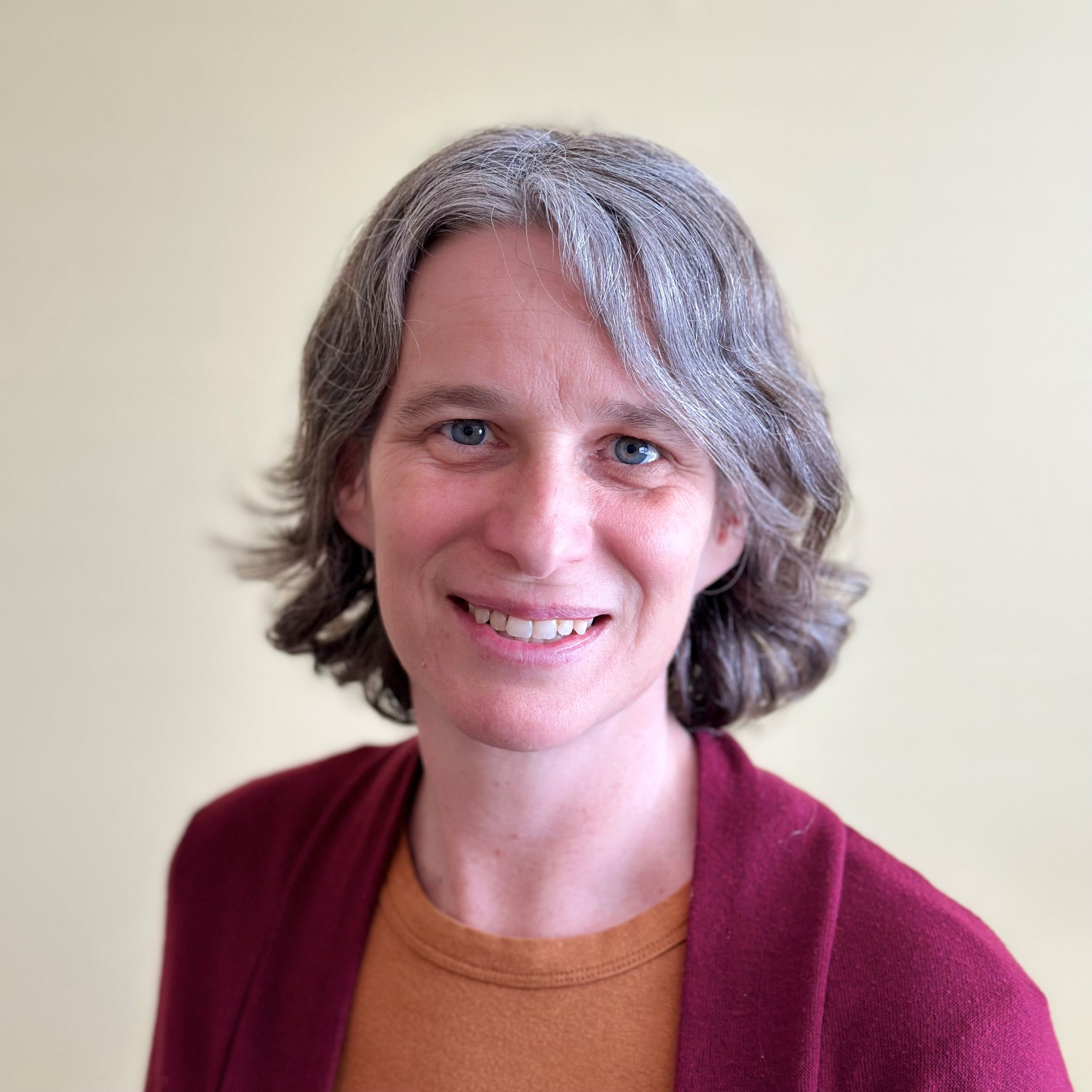
Marie (Mimi) Lockton
Marie (Mimi) Lockton spent several years as a public school teacher before moving into the research world at University of California, San Diego. Her research looks at how equity-focused ideas take hold in schools, districts, and other types of education systems and communities. She helps facilitate the movement of knowledge between different sectors of the education landscape to foster vibrant education ecosystems.
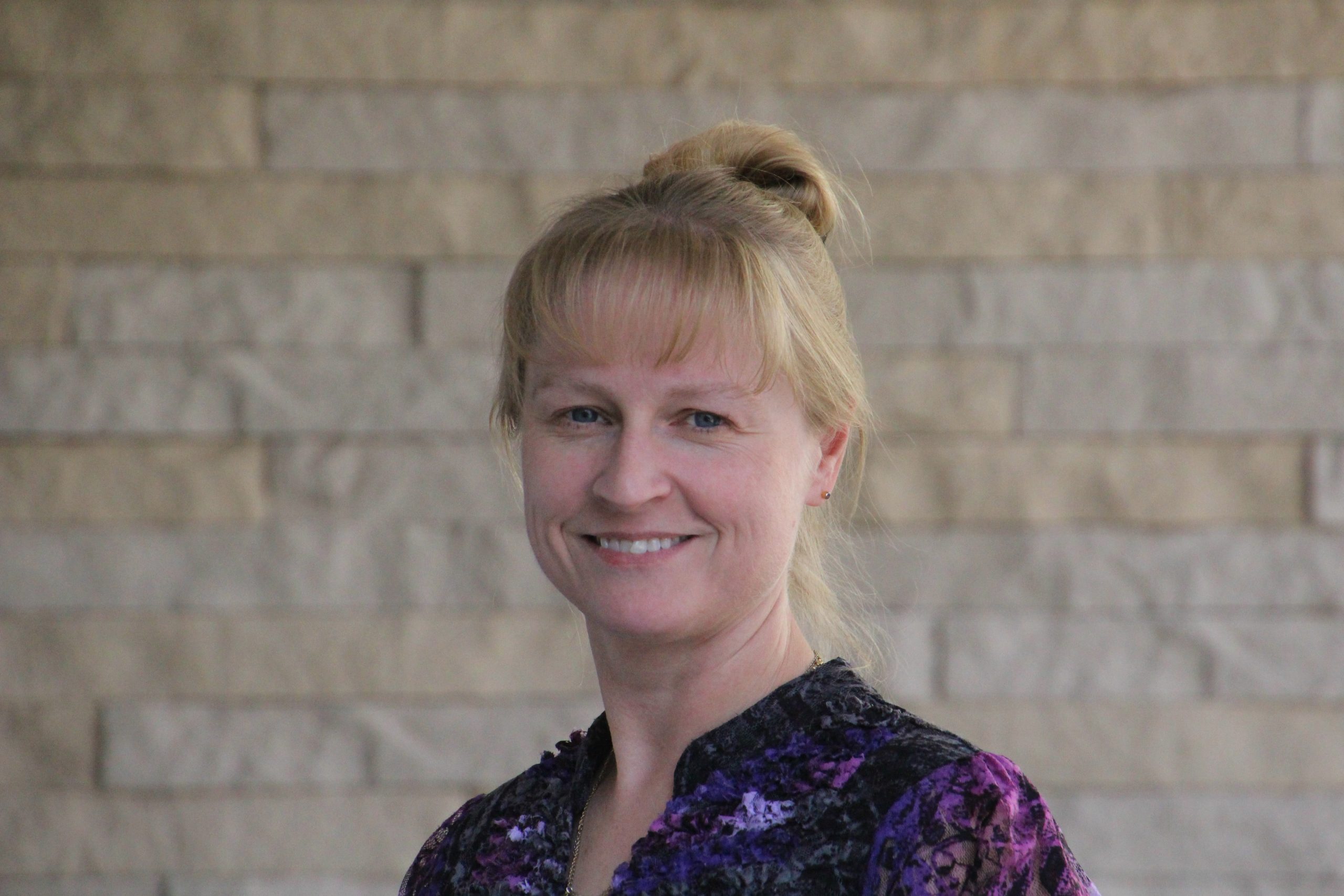
Jen Loescher
Jen Loescher has worked within the Clark County School District since 1999. In 2018, she joined the Southern Nevada Regional Professional Development Program team as a Math Coach & Trainer and is currently a Senior Powerful Coaching Manager at Digital Promise, and an Educator Ambassador at the Nevada Future of Learning Network. Jen enjoys serving fellow educators by designing and facilitating professional learning opportunities as well as coaching to improve student outcomes through the art and science of teaching.
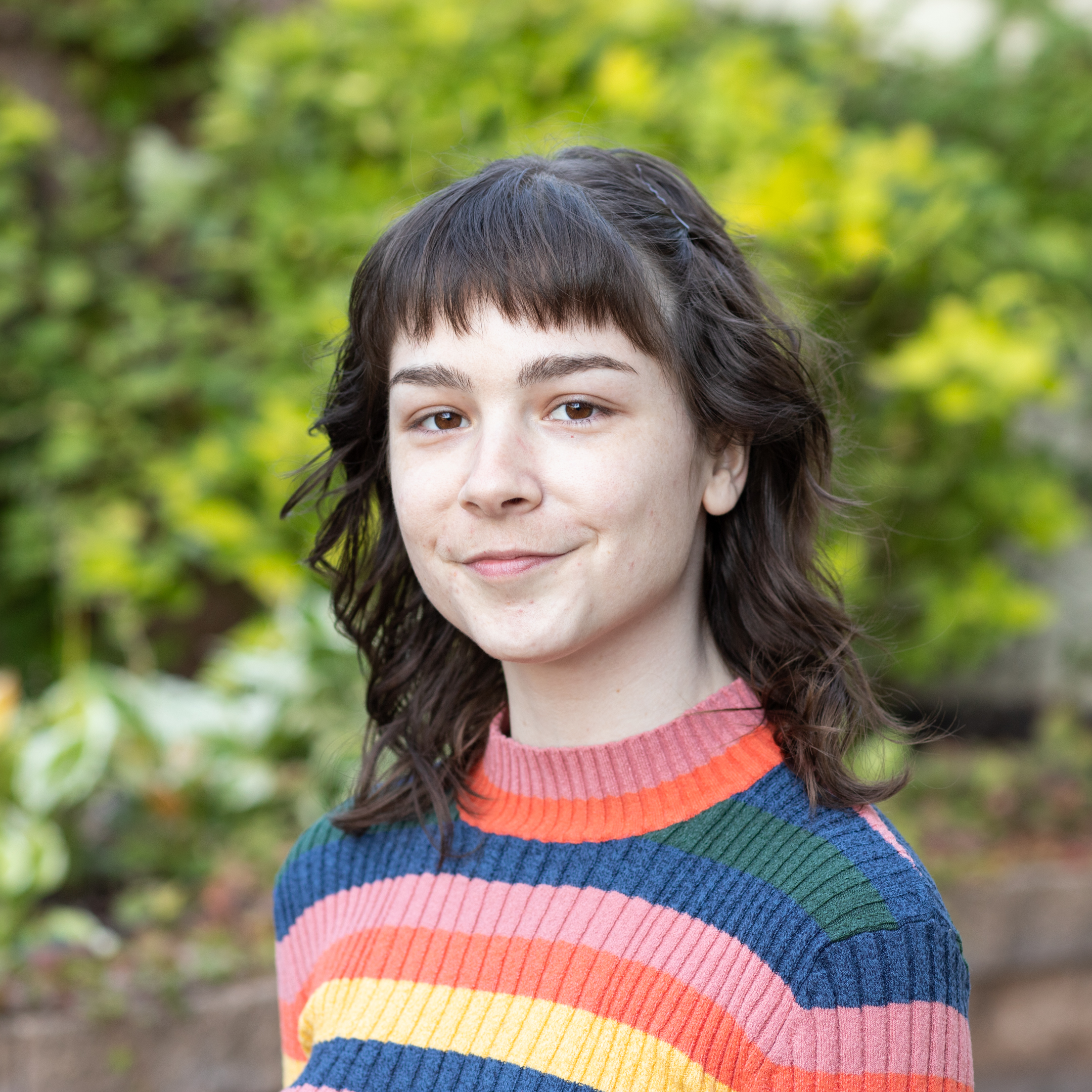
Heather Poparad
Heather Poparad is a Research and Practice Associate at Search Institute, where she supports applied research projects and translates findings into practical resources for people who work with youth. She has a master’s degree in Educational Psychology from UVA, where she was a research assistant in the Youth-Nex Lab, supporting projects that explored issues related to equity, school improvement, the middle school experience, and out-of-school-time programs. Her interest in improving educational settings stems from her prior experiences as a student, teacher, college advisor, and childcare provider.
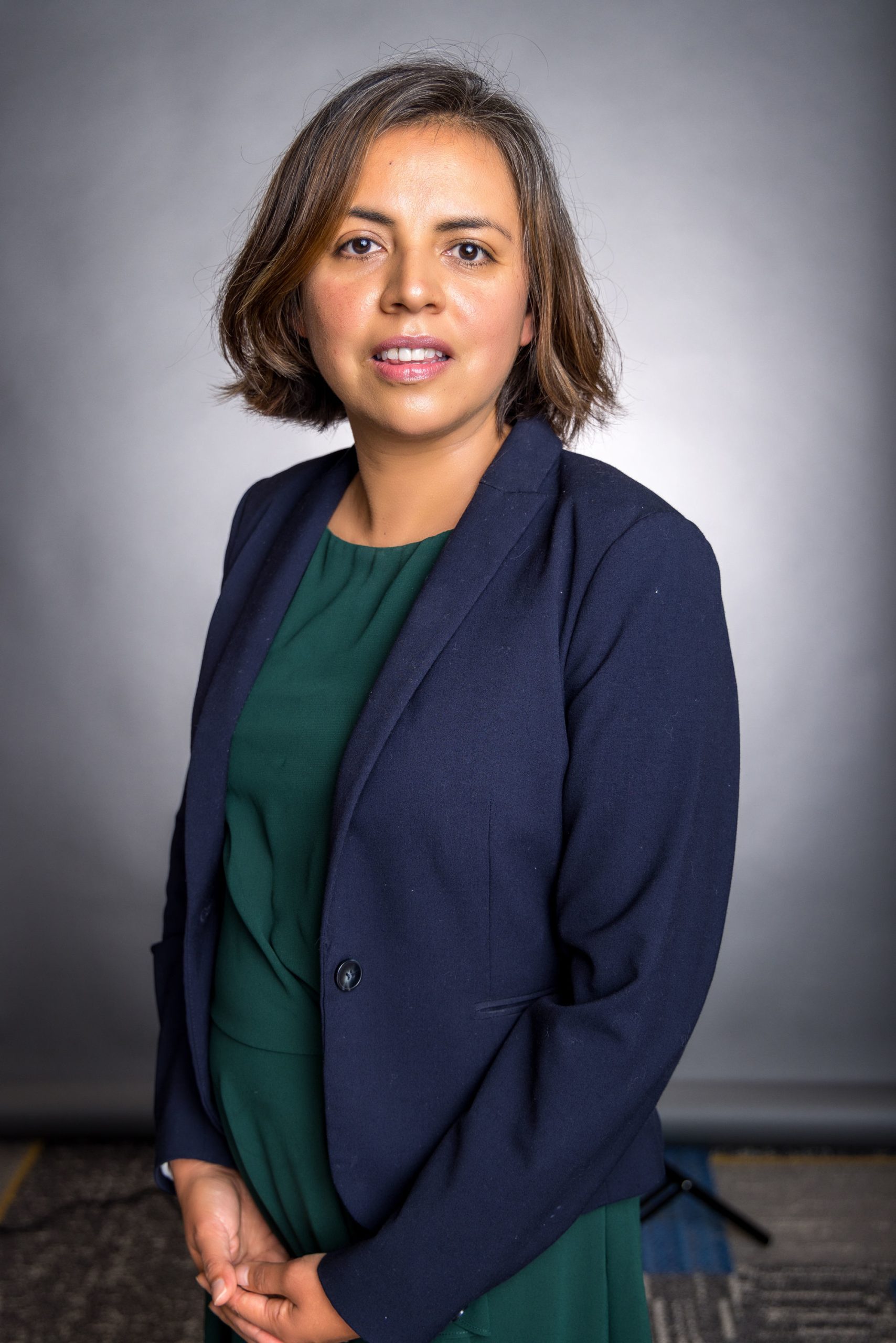
Carolina Ramirez
Carolina Ramirez is an Education Policy Analyst with San Francisco Unified School District where she evaluates COVD-19 related learning acceleration or learning recovery interventions. She also supports external and staff research within the district. Carolina has a mixed-methods background; currently, her studies are largely quasi-experimental. She is proud to be a product of California’s public education systems!
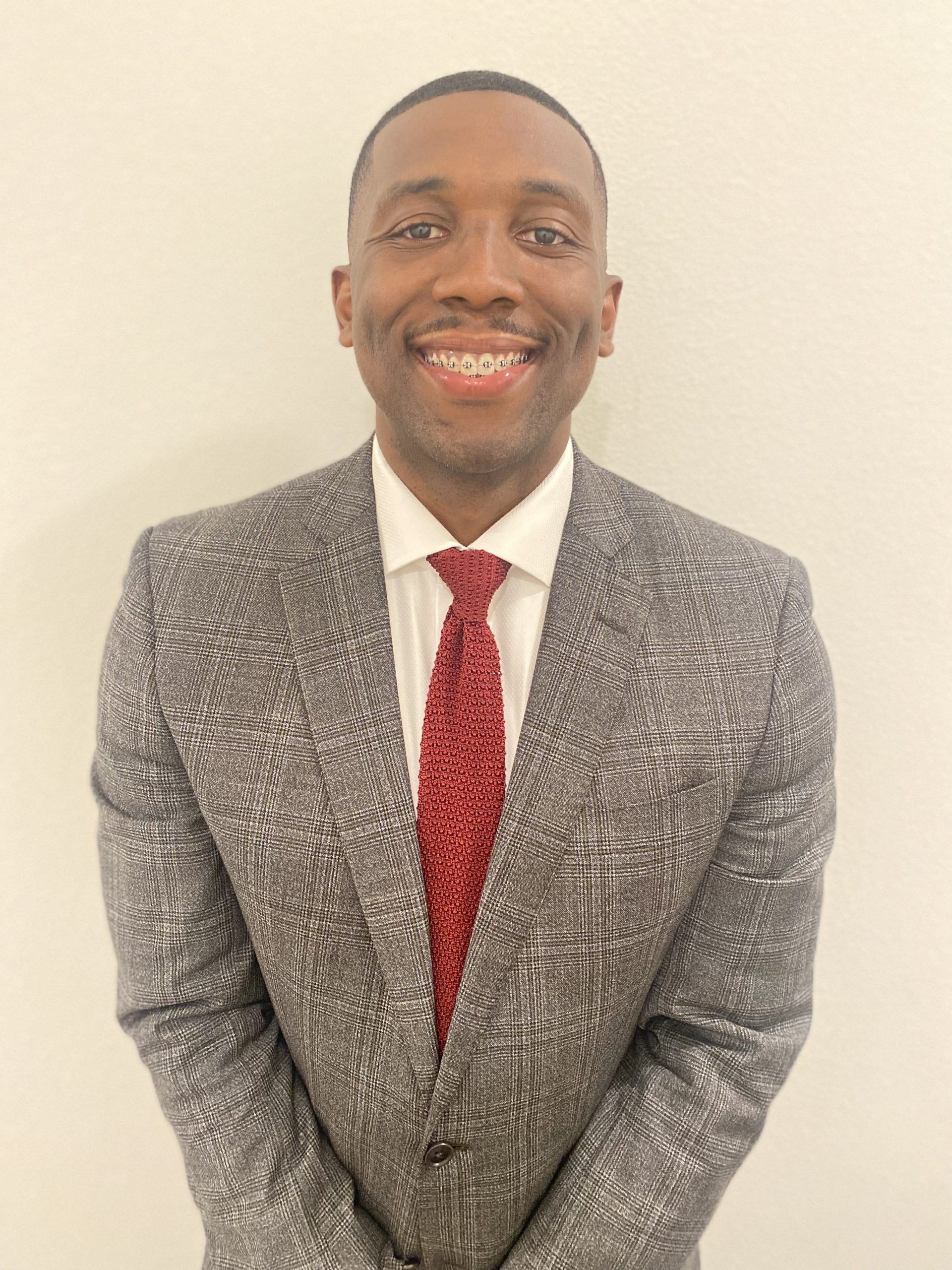
Charles E. Wilkes II
Charles E. Wilkes II is a postdoctoral researcher at San Diego State University. In his position he is responsible for collecting, analyzing, presenting, and writing manuscripts among other things for two National Science Foundation (NSF) grants. Before becoming a postdoctoral researcher, Dr. Wilkes II finished in PhD in Mathematics Education at the University of Michigan where he had the opportunity to conduct his own research around Black learners conceptions of smartness and equitable teaching practices, as well as work on several projects including coaching K-12 math teachers, coaching teacher educators, and teaching in the Wolverine Pathways Program, which is a program dedicated to supporting middle school and high school students attending the University of Michigan, Ann Arbor.
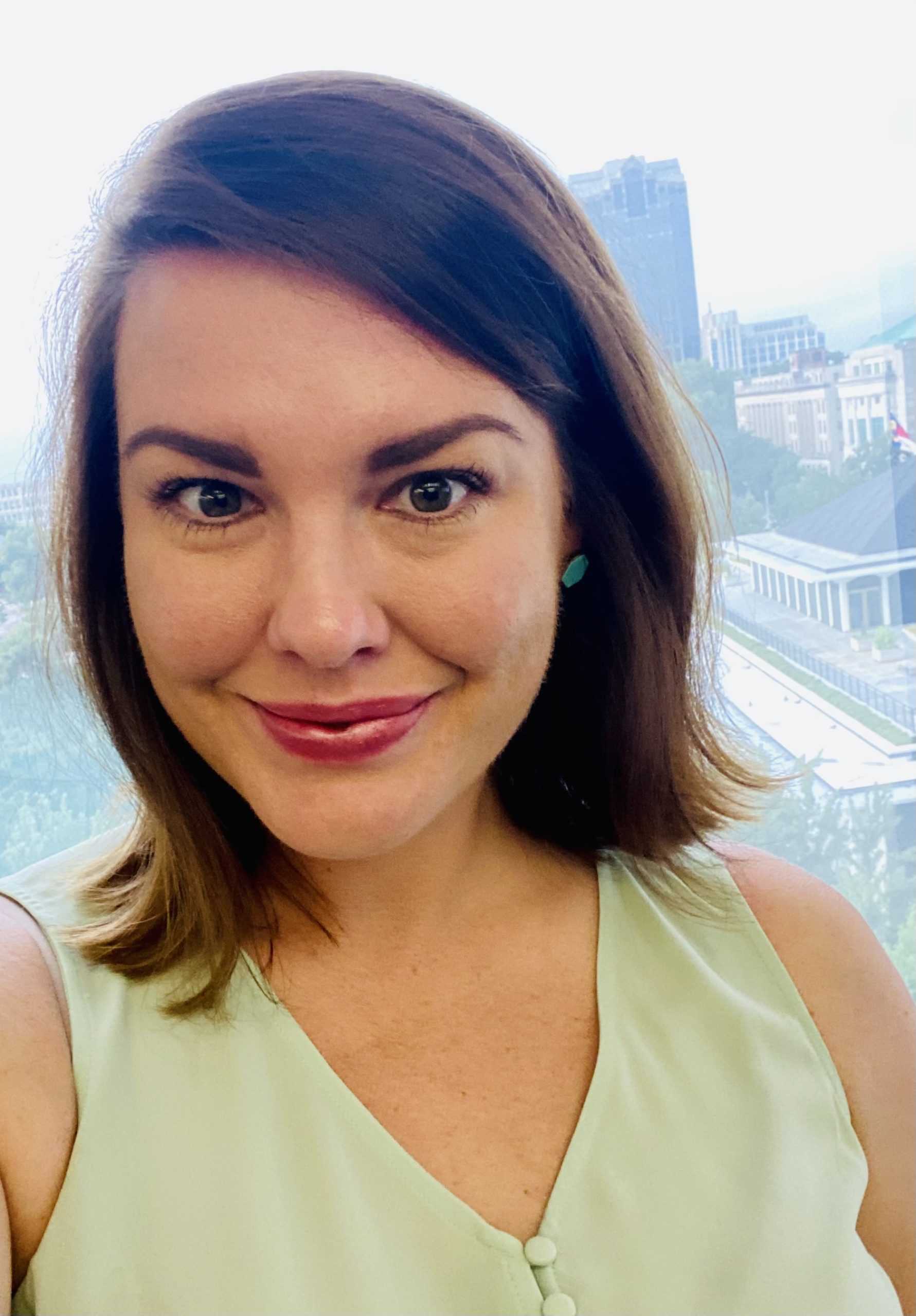
Rachel Wright Junio
Rachel Wright Junio serves North Carolina as the Director of the Office of Learning Recovery and Acceleration for the NC Department of Public Instruction. In her current role, she supports districts and schools in designing programs and utilizing data and evidence to combat unfinished learning exacerbated by the pandemic. She is passionate about program design that utilizes innovative funding models to improve outcomes for students. She has served as a middle grades teacher and district and state-level federal program administrator prior to beginning her current role.
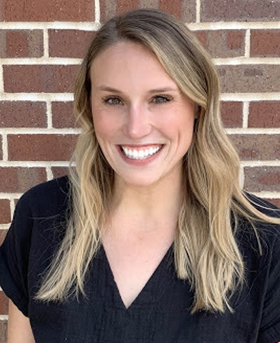
Christina Claiborne
Christina Claiborne is the Director of the Rhode Island Research to Practice Network for the EdResearch for Recovery Project, where she leads a network of school districts working to implement evidence-based programs and engage in continuous improvement. Prior to this, she served as the Assistant Director of Academic Support and Development in the Education Department at Brown University, developing and promoting instructional excellence in the quantitative analysis courses, leading classes on application of quantitative skills, and collaborating with faculty members to create customized curriculum for a diverse group of learners. Christina taught high school mathematics in Central Falls, RI for four years. Christina holds a master’s degree in Urban Education Policy from Brown University and a bachelor’s in economics and minor in Public Policy from University of California, Berkeley.
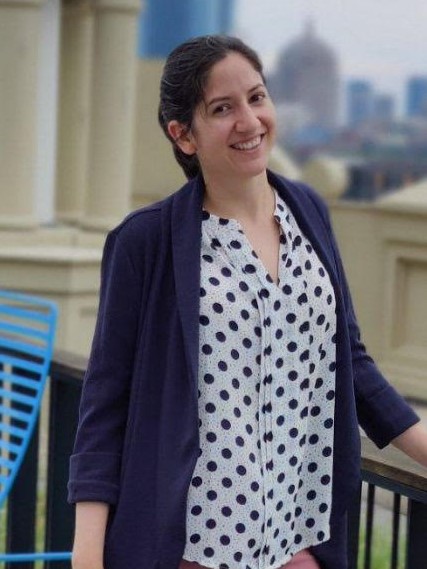
Isabel Lopez, Ph.D.
Isabel Lopez, Ph.D. is the External Research Manager for Boston Public Schools where she works together with local educational policy makers and researchers to build meaningful research products that drive evidence informed decision-making. She started her career as an English teacher back in her hometown of Mexico City. Isabel holds an M.A. and Ph.D. in Educational Psychology from the University of Minnesota where she was a Fulbright Scholar.
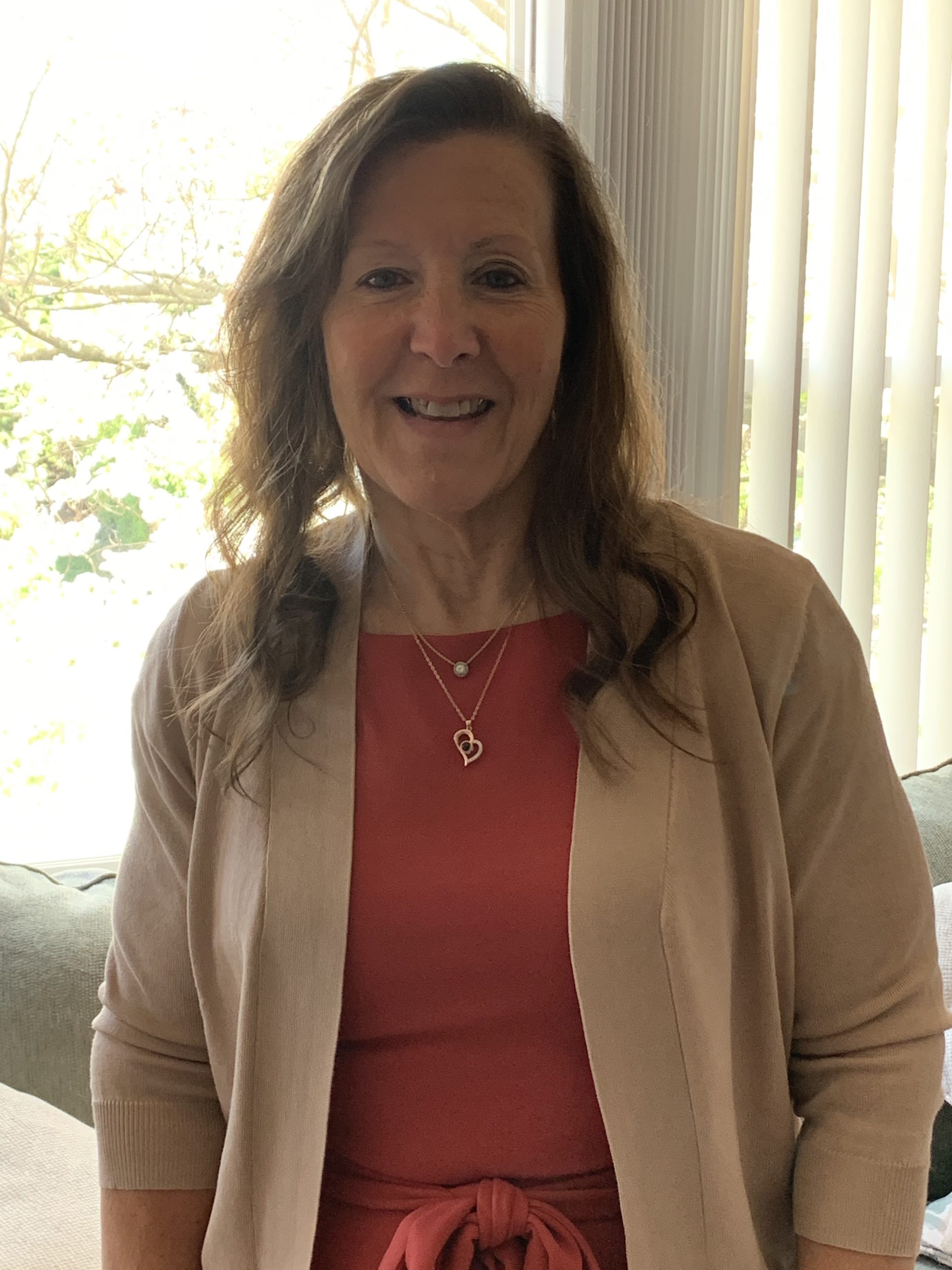
Kim Rank, Ed.D.
Kim Rank, Ed.D. is the Director of Special Projects for the Chester County Intermediate Unit (CCIU) (PA) in the Innovative Education Services (IES) where she focuses on curriculum, school improvement, and increasing the educational pipeline through student and teacher leadership opportunities. Prior to joining the IES team, Kim worked as a Supervisor of Special Education for the CCIU and Downingtown (PA) Area School District. She has experience overseeing district programs, early intervention, special education law, professional development facilitation and program audits. She earned her Doctorate of Educational Leadership from Drexel University.
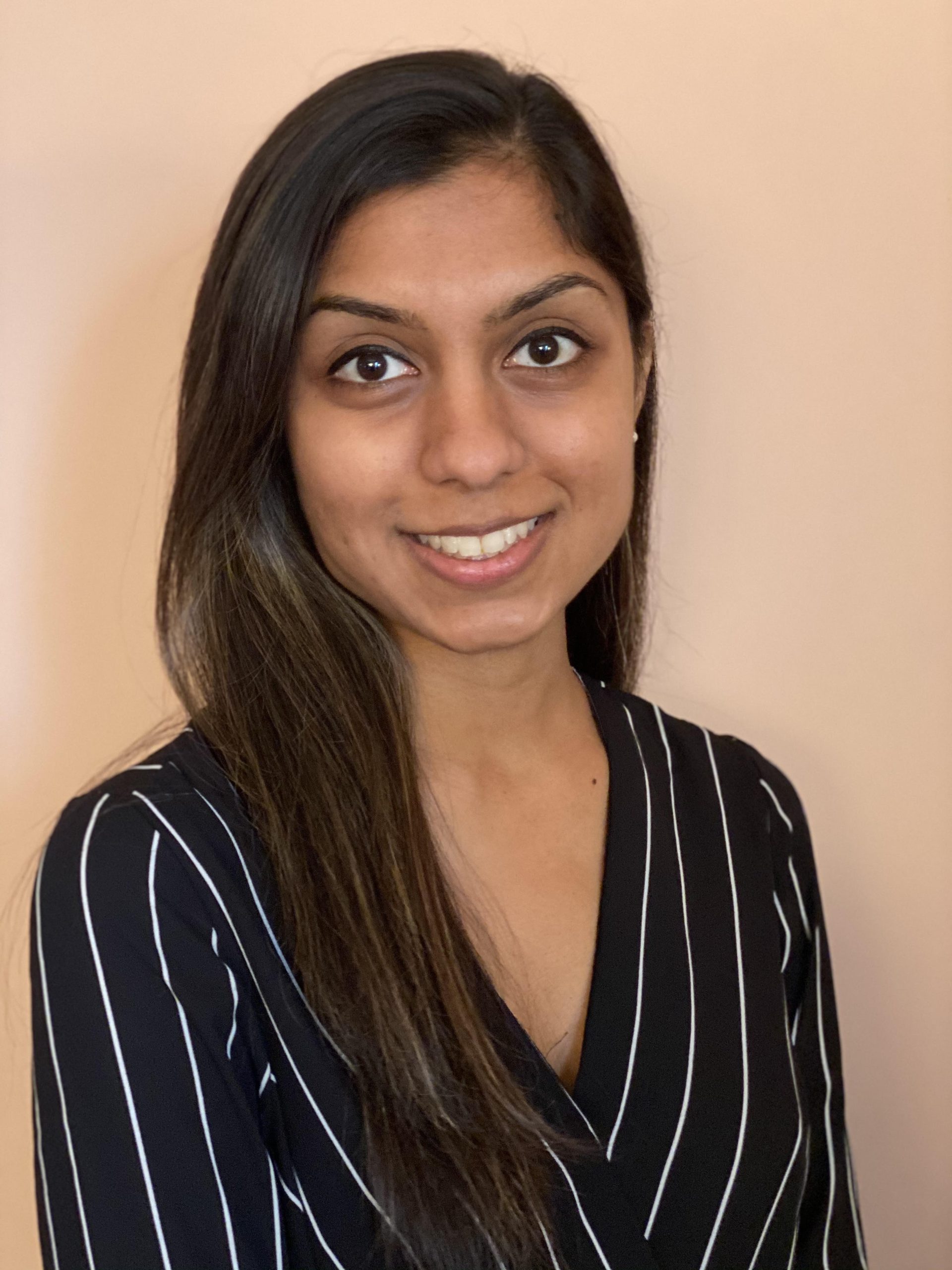
Zohal Shah
Zohal Shah is a Senior Policy Research Associate in the Pathways & Credentials team at Digital Promise. At Digital Promise, she leads policy research efforts across various initiatives, including but not limited to Digital Equity, Edtech Marketplace, Adult Learning, Learning and Employment Innovations, and Micro-credentials. An advocate for equitable education policy, Zohal is a fervent believer in the inclusion of learner, practitioner, and community voices from the onset of education research design and development to drive true systems-level transformation of the education system. She has supported research work at the Learning, Innovation, and Technology Lab and the Harvard & Smithsonian Center for Astrophysics. Zohal received an M.Ed. in Technology, Innovation, and Education from the Harvard Graduate School of Education.
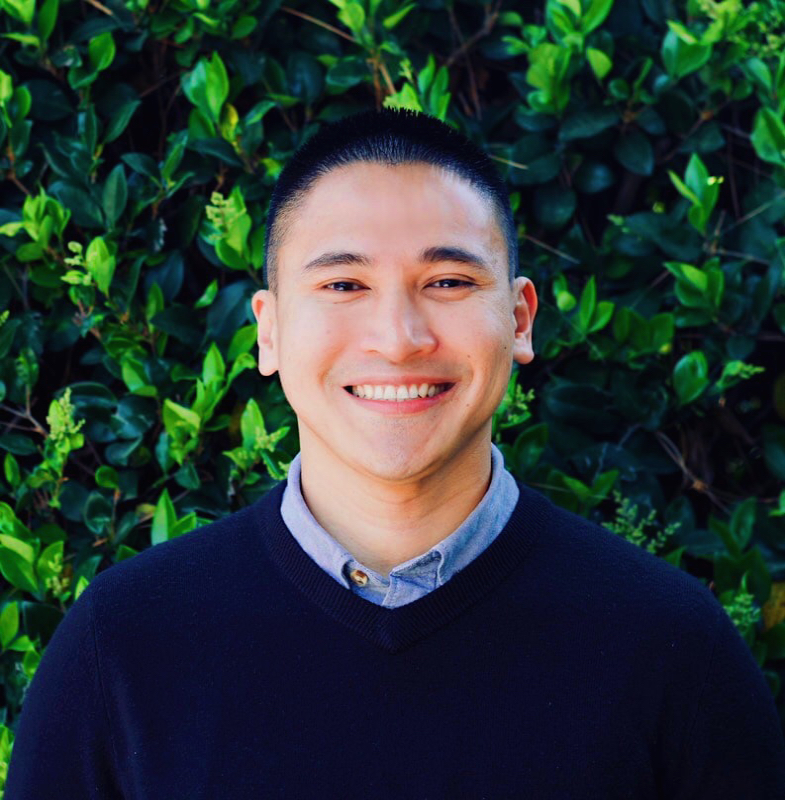
Mark Yu, Ph.D.
Mark Yu, Ph.D. is a researcher with McREL International, providing capacity-building support and applied research and evaluation services to a broad range of educational practitioners, researchers, and stakeholders. Dr. Yu is passionate about developing equitable spaces and practices for knowledge brokering in service of linking research and practice. Currently, he leads educational partnerships and projects as part of the Regional Educational Laboratory in the Pacific (REL Pacific) funded by the Institute of Education Sciences within the U.S. Department of Education. He has over ten years of experience working in service programs and research-practice partnerships for diverse youth and families in Guam, Pennsylvania, Virginia, and California. Mark has a Ph.D. in Educational Psychology from the University of Virginia.
To stay up to date on the latest information, join our mailing list.



